Education: Schools
Iraqi Jewish Women
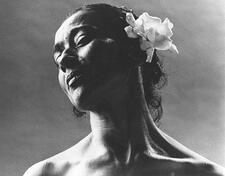
Israeli Folk Dance Pioneers in North America
Dance has been an integral element of the Jewish community since biblical times. An intense desire to share the joy of dance, coupled with a strong identification with both Israel and their Jewish roots, spurred a group of influential women to create a flourishing movement of Israeli folk dance in North America. Today, Israeli folk dance enjoys a wider popularity than ever.
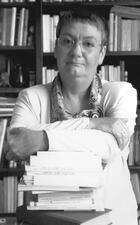
Modern Italy
Jewish women were crucial both to changes in post-emancipation Italian Jewish life and to the overall condition of women in modern Italy. This article reflects on the changes in the role of Jewish women in modern Italy within the Jewish press and institutions, their activism in shaping a secular civil society, and their experiences through the Fascist regime, the trauma of the 1938 Racial laws, emigration, resistance, deportation, survival, and reconstruction.
Dore Jacobs
Dore Jacobs developed her own pedagogy, which viewed physical education as a holistic project, out of which came her own unique method of gymnastics. In 1923 she founded her School for Physical Education and Rhythmic Development; she was also a founding member of the German socialist organization called the Bund-Gemeinschaft für Sozialistisches Leben.
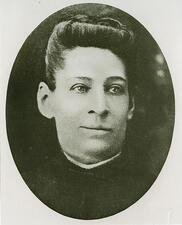
Frances Wisebart Jacobs
Francis Wisebart Jacobs helped transform the fledgling state of Colorado through her organization of charities and hospitals.
Janie Jacobson
Combining her Jewish background with her skill and penchant for writing, Janie Jacobson succeeded as a biblical playwright in the early twentieth century. The children’s plays she authored were performed nationally. In addition to being an accomplished writer, she was a talented musician and involved in Jewish social activism.
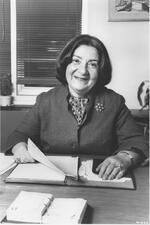
Tziporah H. Jochsberger
Having escaped the Holocaust on the strength of her musical talents, Tziporah H. Jochsberger went on to use music to instill Jewish pride in her students. In the 1950s, she began teaching and studying music in New York. In addition to her teaching and administrative roles, Jochsberger found time for an active career as a composer.
Roza Shoshana Joffe
Roza Shoshana Joffe was a teacher who made Aliyah from the Ukraine, determined to establish a school for girls in Palestine. After many years teaching in Jaffa, she left the city for a village near the Sea of Galilee, where she bought and operated her own farm and hoped to open a school for farmers’ daughters.

Senta Josephthal
Senta Josephthal was German-born Zionist activist who was particularly influential in the kibbutz movement. She trained and recruited young Germans to the movement and represented the kibbutz movement in national organizations and political arenas after emigrating to Palestine.
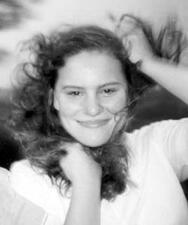
Hannah Jukovsky
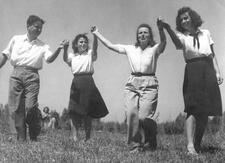
Gurit Kadman
Regina Kaplan
Regina “Kappy” Kaplan was nurse, teacher, hospital administrator, and health care innovator. Most notably, Kaplan helped break down gender barriers in medicine by creating the first nursing school in the South that admitted male students.
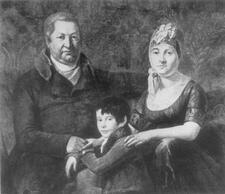
Chaile Raphael Kaulla
Chaile Raphael Kaulla was the most influential Jewish woman entrepreneur and one of the last Court Jews in eighteenth-century Germany. A devout Jew, Kaulla supported both Jewish and Christian poor people, founded a hostel for Jewish travelers, and in 1803 donated a bet midrash, library, and funding for three rabbis to her town of Hechingen. The Austrian Emperor honored Kaulla in 1807 and she and her family were allowed to live in Stuttgart with rights equal to those of Christian citizens.
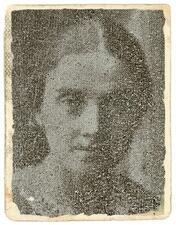
Helene Khatskels
As a member of the General Jewish Workers’ Bund, Helene Khatskels fought to realize socialist ideals about autonomy and liberation. As a Yiddish teacher and writer in Tsarist Russia and later the Soviet Union, she demonstrated a commitment to spreading and inspiring pride in Yiddish culture.
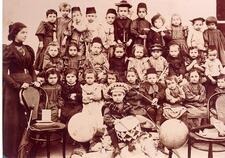
Kindergartens in Palestine: First and Second Aliyah (1882-1914)
Hebrew-language education of the youngest Jewish residents of Palestine was considered key to the continued success of the Zionist movement. The women who taught in these kindergartens, established during the First and Second Aliyah, demonstrated their dedication to the movement and became essential to its success.
Esther Loeb Kohn
Esther Loeb Kohn helped bridge the gap between Chicago’s volunteer and professional social workers and spent thirty years running the Hull House settlement whenever founder Jane Addams was away on her frequent travels.
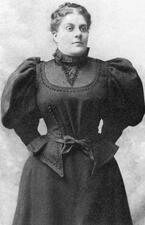
Rebekah Bettelheim Kohut
Rachel Mordecai Lazarus
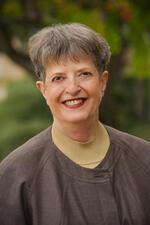
Sara Lee
Judith Berlin Lieberman
Minnie Dessau Louis
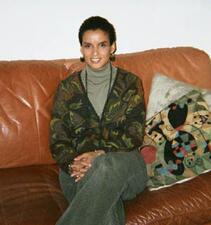
Susan Maze-Rothstein
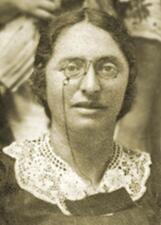
Fania Metman-Cohen
Fania Metman-Cohen set up the first Hebrew kindergarten in Odessa in 1899. In 1905, she and her husband helped establish Palestine’s first Hebrew high school in Jaffa – the Herzilya Gymnasia. Metman-Cohen was also a key figure in the Union of Hebrew Women for Equal Rights in Erez Israel.
Mexico: Education

Annie Nathan Meyer
Annie Nathan Meyer promoted women’s higher education and founded Barnard College, New York’s first liberal arts college for women. She also chronicled women’s work, dramatized women’s status in plays, novels, and short stories, and raised funds for Jewish and black students to attend Barnard.


